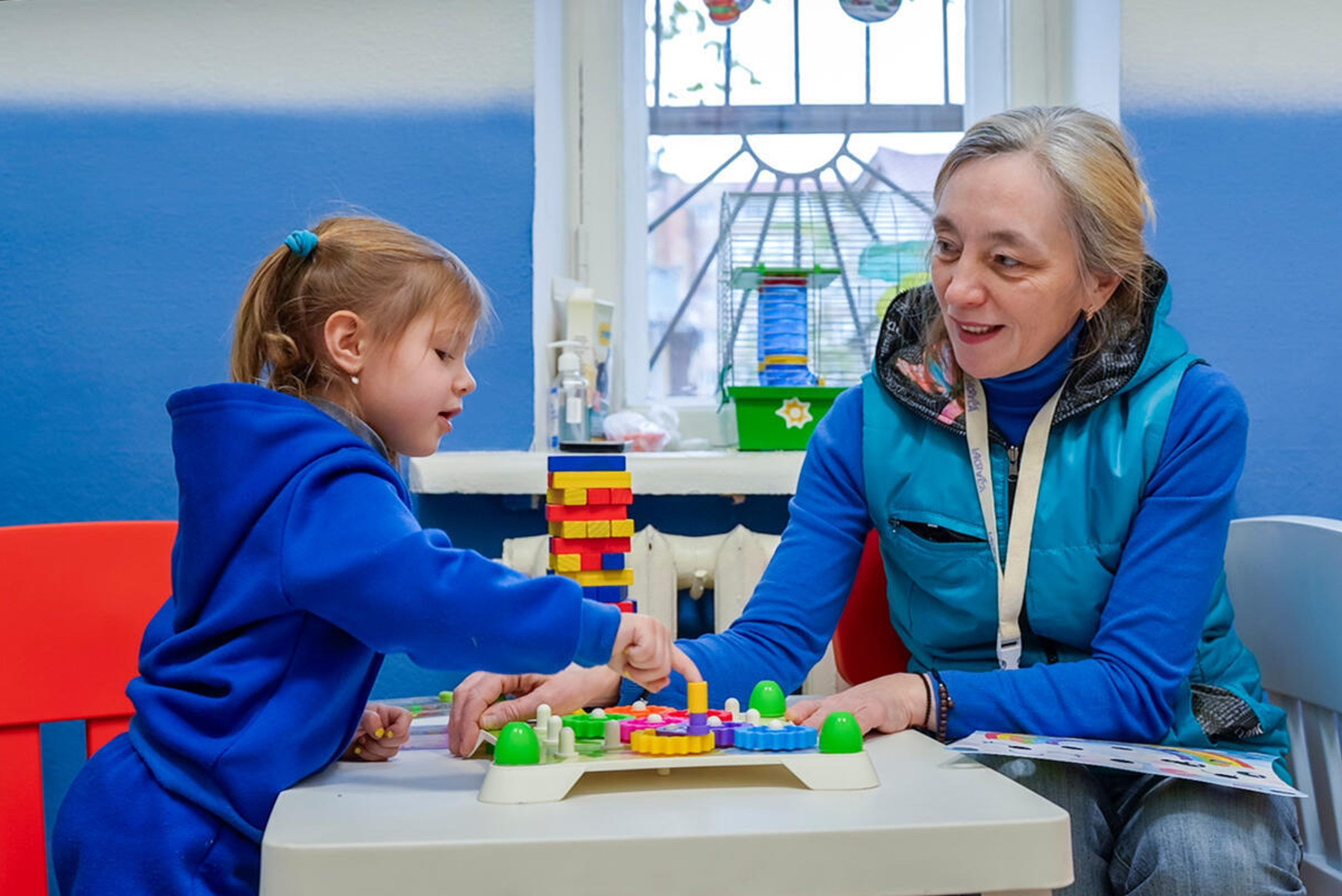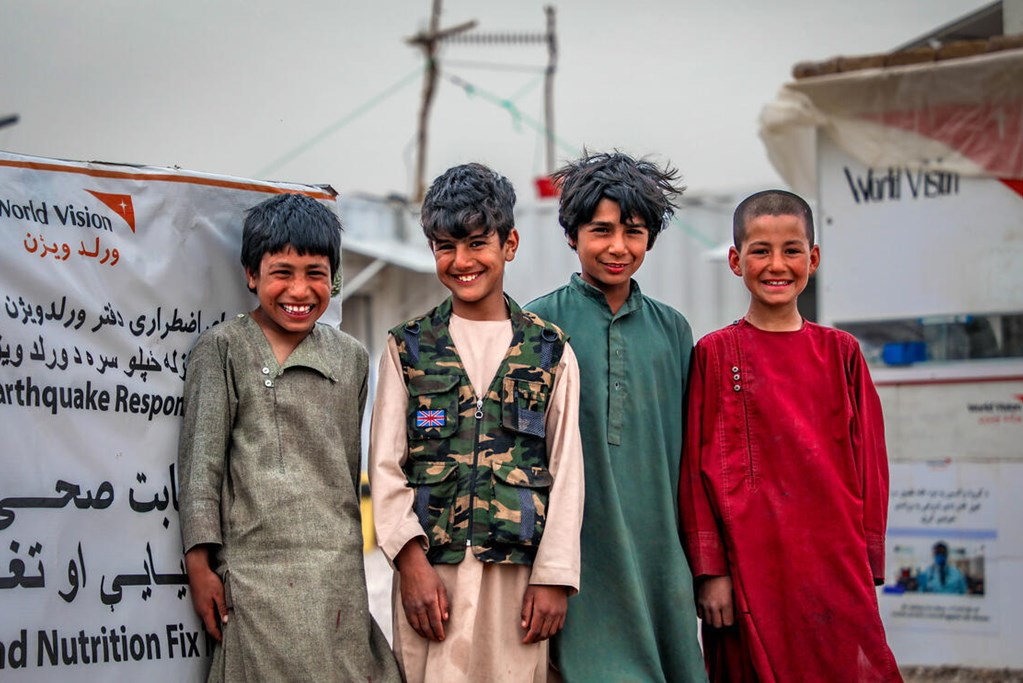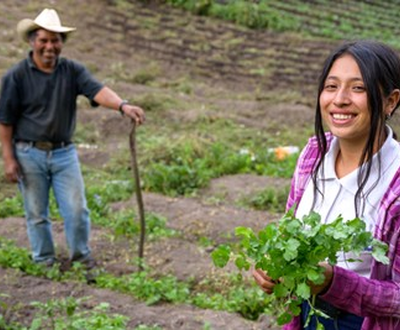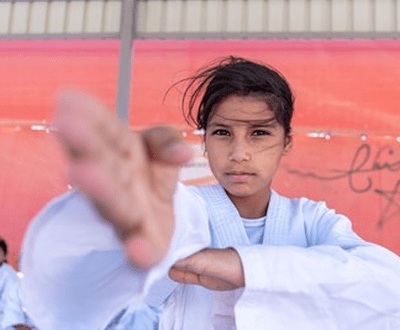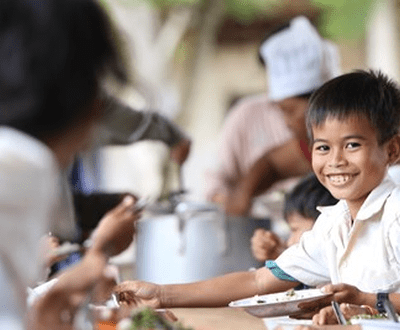This week, take a moment to reflect on your own mental health. Now, imagine how you might look after your mental health if you were caught in the middle of conflict or war. How would you take care of it then?
As you reflect on your own mental health, consider those who are currently displaced by conflict and war, and how that might be affecting their mental health right now. For most, prioritizing mental health is impossible.
Here are 10 tips to help you take care of your mental health: 1. Get out in the sun or fresh air. 2. Exercise to release endorphins - walking, dancing, running, the options are endless. 3. Talk to friends and family to reduce feelings of isolation. 4. Get creative – doodle on a piece of paper, pick up a new hobby, or try something new! 5. Write down something you’re looking forward to – it can be as big or small as you’d like. 6. Journal (daily, weekly, or monthly) – write down how you feel if you’d rather not talk about it. 7. Create a routine – whether it’s a fitness, skincare, or bedtime routine. Consistency is good for your mental health. 8. Eat good food – food that’s rich in minerals and vitamins will make you feel good. 9. Embrace who you are and be kind to yourself - you’re doing the best you can. 10. Above all, if you’re struggling with your mental health, please reach out for help. You are not alone.
These tips may be helpful, but what if your home suddenly became a war zone and you had to leave? Fear, uncertainty, and grief—that’s what conflict brings. One in five people living in conflict has a mental health disorder, according to the World Health Organisation. The most common mental health disorder among children exposed to conflict is Post-Traumatic Stress Disorder, along with panic and sleep disorders. Children must be protected in every conflict, on all sides. That’s why World Vision is committed to helping communities caught in conflict prioritize their mental health. How? By creating Child-Friendly Spaces (CFS), providing educational programmes, and helping children re-enrol in school, where possible.
